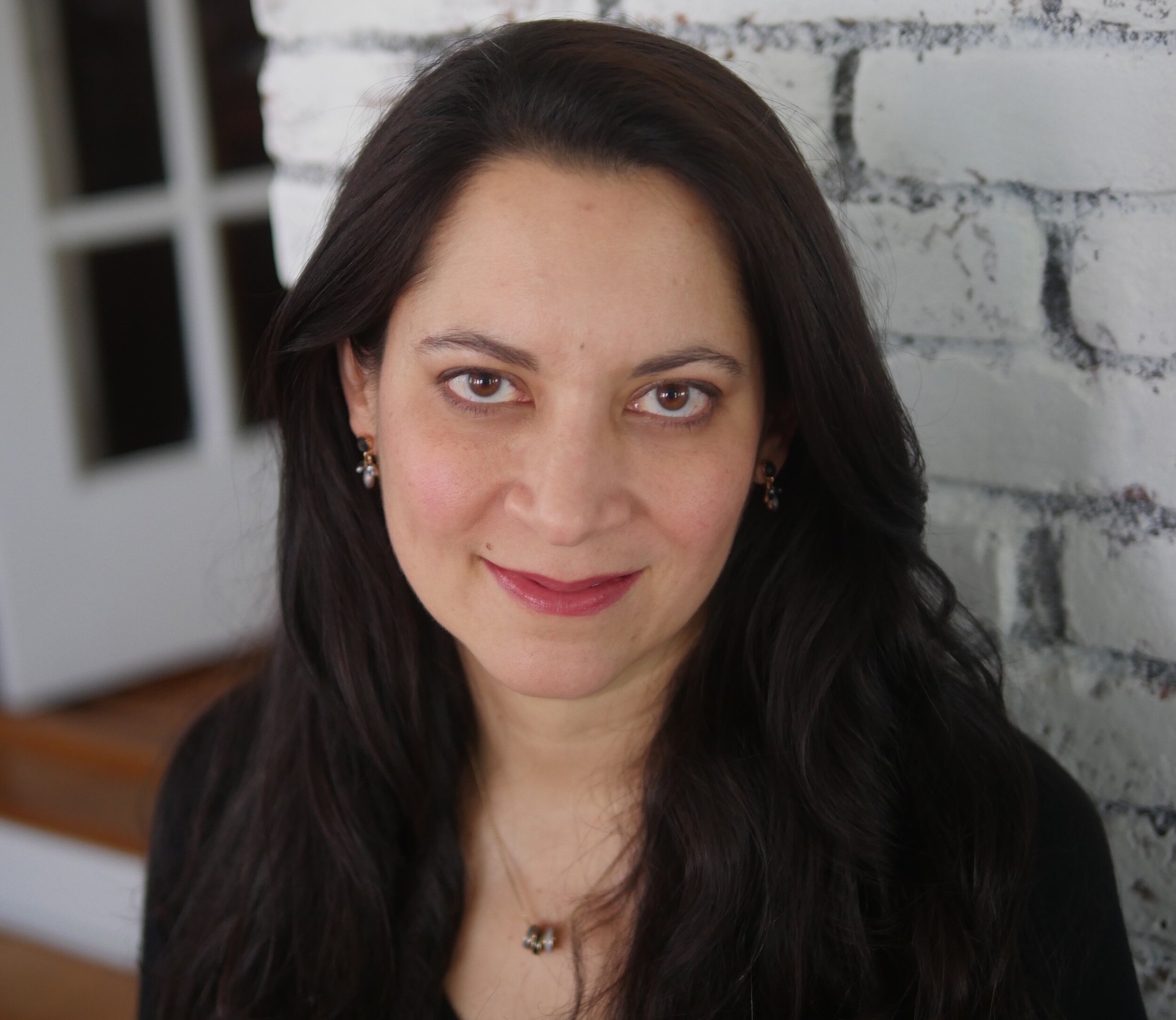Veera Hiranandani: Teaching Writing and the Pure Act of Story-making
 Veera Hiranandani is the author of the Phoebe G. Green series and The Whole Story of Half a Girl. See my earlier interview with her.Veera also teaches at the Writing Institute at Sarah Lawrence College in Bronxville, NY and at the Writopia Lab in Westchester, NY. (Her upcoming spring workshops, Writing Middle Grade and YA Fiction and Story Mapping are currently open for registration.)I'm happy to be talking to Veera again.[Uma] Veera, what makes teaching a good fit with writing for you?[Veera] They intersect in many ways and constantly feed each other. I haven't always practiced teaching and writing together in the way I've been able to the last few years. During a writing workshop, though I'm supposed to be the "teacher," nothing teaches me more about writing than working with my students. I'm always learning.
Veera Hiranandani is the author of the Phoebe G. Green series and The Whole Story of Half a Girl. See my earlier interview with her.Veera also teaches at the Writing Institute at Sarah Lawrence College in Bronxville, NY and at the Writopia Lab in Westchester, NY. (Her upcoming spring workshops, Writing Middle Grade and YA Fiction and Story Mapping are currently open for registration.)I'm happy to be talking to Veera again.[Uma] Veera, what makes teaching a good fit with writing for you?[Veera] They intersect in many ways and constantly feed each other. I haven't always practiced teaching and writing together in the way I've been able to the last few years. During a writing workshop, though I'm supposed to be the "teacher," nothing teaches me more about writing than working with my students. I'm always learning. [Uma] Tell me more. What does your writer self learn from teaching? [Veera] As a writer, it's hard to see your own work from an objective point of view. I'm usually too close to it. When I work with a student who's wrestling with some of the same things I am, I'm able to bring that objectivity or at least some of it back to my own writing and get a fresh perspective.
[Uma] Tell me more. What does your writer self learn from teaching? [Veera] As a writer, it's hard to see your own work from an objective point of view. I'm usually too close to it. When I work with a student who's wrestling with some of the same things I am, I'm able to bring that objectivity or at least some of it back to my own writing and get a fresh perspective.
I'm also privileged enough to teach both children, teens, and adults. Working with such a wide age range compliments so many parts of me as a writer. When I teach young people, though many have dreams of being a "real writer" when they grow up, I find the work they do is so real, because it's not motivated by professional and adult concerns. They're not thinking about the market or query letters or finding an agent, they are simply wrestling with the stories in their heads and how best to get them out in the form of the written word. Watching and guiding them through the process is to witness the pure act of story-making, one I can sometimes lose sight of.
When I work with adults, I get to relearn many elements of craft as I try to figure out how best to communicate this information with my students. I constantly think about what kind of feedback would be helpful to me as a writer when I'm giving feedback to others. I'm inspired by their productivity and their ability to go back to the drawing board to get something right. I also feel like I'd better walk the walk when I talk about the benefits of having a writing schedule, plotting, and pre-writing work, so they keep me on my toes.
[Uma] Walking the talk. Too true. So how do we reflect that back in our teaching?
[Veera] As I'm writing, I really try to remember and be sensitive to what leads me to my own writing breakthroughs. What was the process that allowed me to figure out this character, or this scene, or this plot, and how do I share it with my students? I find that I'm a much more reflective writer because of my students.
When I look back to all stages of my life, I feel like I've always had a writer and a teacher in me. Getting to do both things professionally allows me to connect with a fully realized version of myself. I only hope I'm able to do both for a long time. It's such a satisfying circle, the way each process serves and stimulates the other. I can't really imagine doing one with out the other anymore.
[Uma] Thank you, Veera, for placing this work in the context of a writer's life. Here's to the pure act of story-making!